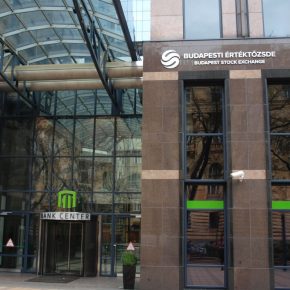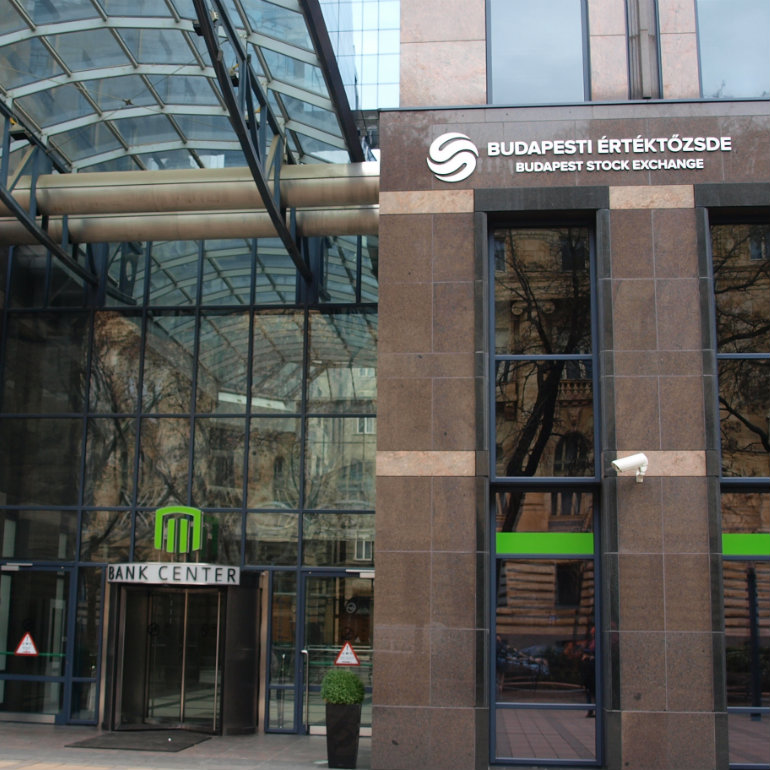
(©Artur Dangel)
The government has said it is building a regulatory framework to streamline the listing process and support domestic companies coming to the market, Marton Nagy, chairman of the BSE, told BNE IntelliNews.
Boosting total market capitalization to 30 per cent of GDP from the current 15 per cent is vital to the development of the economy, he said.
The exchange, in which the central bank acquired a controlling stake last year, hopes this will pave the way for a thriving market for larger privately owned Hungarian companies. Road hauler Weberer and realtor Duna House are thought to be the prime candidates in the short-term.
Other state-owned candidates for listing on the bourse include the national lottery and Hungarian Post, possibly followed by power group MVM. MKB Bank and Budapest Bank – bought by the state since 2013 – are also expected to launch IPOs this year or in 2017.
Hungarian low-cost carrier Wizz Air Holdings, the biggest discount airline in Eastern Europe, chose to list in London over Budapest in February. At almost 1 billion pounds, the company’s market capitalization would make it fourth on the benchmark BUX Index. This behind OTP Bank Nyrt, oil producer Mol Nyrt. and drug company Gedeon Richter Nyrt.
Trading volumes on the bourse declined to $6 billion in 2014 from as high as $34 billion in 2007. This after Prime Minister Viktor Orbán raised corporate taxes and took over pension-fund assets to prop up state finances.
The goal is to improve the BSEʼs competitiveness in the medium and long term, Nagy said. He added that – with EU funding ending after 2020 – the government is aiming for a balanced budget and the central bank scaling back its support of corporate lending.
„Right now the most pressing task is to help successful listings by having companies go public that meet the high quality standards required to strengthen investor confidence,” the BSE said in a statement.
The bourse, will aim to boost the number of large liquid shares and use European Union funds to develop the capital market in close cooperation with the government, the BSE says.
Although it gained close to 30 per cent in 2015, the BUX index is dominated by three or four stocks and turnover has dropped in recent years. The bourse has had only 35 new entrants in the past 15 years and experienced a 70 per cent drop in trading volumes between 2010 and 2014.
Persuading big companies to list in a market where daily trading volumes are a ninth of those in Poland and less than half a percent of the London Stock Exchange won’t be easy. Last year, there were 28 new listings in Warsaw and one in Budapest
The National Bank of Hungary is in negotiations to buy the BSE from the Vienna-based CEE Stock Exchange Group, which bought it in 2004.

